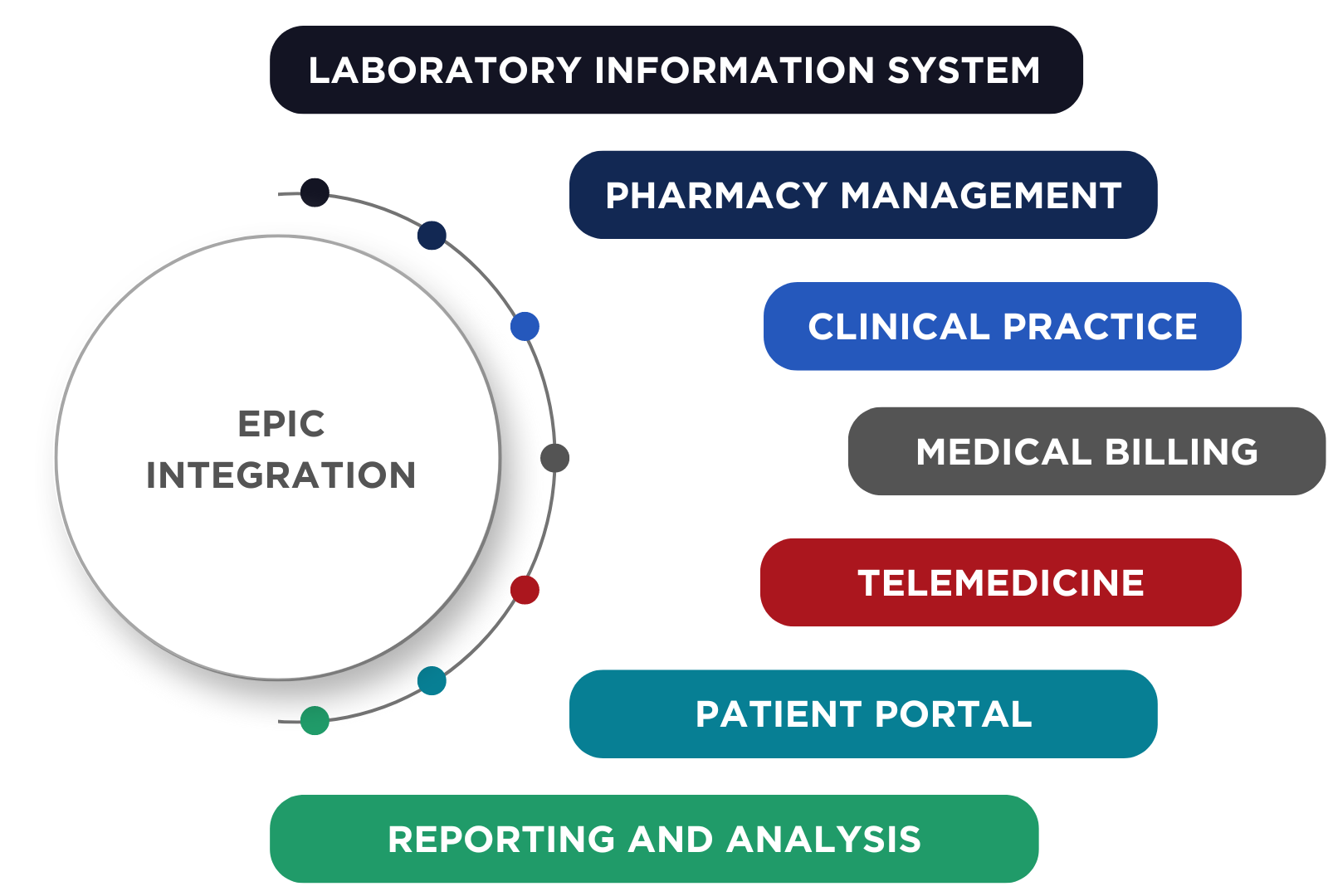In recent years, there has been an increased adoption of Enterprise Health Records (EHR) systems in Healthcare today as well as an ever growing reliance on EHR systems by physicians, offices, and staff. It is both business critical and vital to test these systems as it ensures the effectiveness, accuracy, and reliability of the system. EHRs are a comprehensive health information system widely used in healthcare organizations.
Implementing a solution such as EPIC Electronic Health Record (EHR) is a complex and comprehensive endeavor, that requires careful assessment of healthcare settings, assessment of workflows, and IT infrastructure. Following a comprehensive and tailored implementation, data migration, training and extensive testing are critical components to the implementation process.
Automated testing is particularly important when implementing Epic Electronic Health Record (EHR) for several reasons, enhancing the efficiency, reliability, and speed of the implementation process.
Patient Safety:
Accurate and reliable EHR systems are critical for patient safety. Testing helps identify and rectify any potential issues that could compromise patient data or lead to medical errors.
Regulatory Compliance:
Healthcare organizations must comply with various regulations and standards, such as the Health Insurance Portability and Accountability Act (HIPAA) in the United States. Testing ensures that the Epic EHR system adheres to these regulations.
Data Integrity:
EHR systems store vast amounts of patient data. Testing helps ensure the integrity of this data, preventing issues like data corruption, loss, or unauthorized access.
Interoperability:
Many healthcare systems need to communicate and share data seamlessly. Testing helps verify the interoperability of Epic EHR with other systems, devices, and applications to ensure a smooth flow of information.
In my limited experience with Epic and EHRs in general, this was on of the biggest challenges. These systems integrate to dozens (if not many more) other systems. End to end testing is critical

EPIC Integration Diagram
Workflow Efficiency:
Epic EHR is designed to streamline healthcare workflows. Testing helps identify any bottlenecks or inefficiencies in the system, ensuring that healthcare professionals can efficiently access and manage patient information.
Security:
Healthcare data is Patient Health Information (PHI) which is legally protected, and ensuring it’s protection from unauthorized access or breaches is paramount. Testing helps identify vulnerabilities and ensures that security measures are in place to safeguard patient information.
System Reliability:
Epic EHR needs to be available and reliable at all times. Testing helps identify and address any potential issues related to system performance, downtime, or disruptions.
Software Updates and Upgrades:
As software evolves, regular updates and upgrades are released. Testing helps ensure that new features or enhancements do not introduce new issues and that the system remains stable after updates.
Continuous Integration and Deployment:
Automated testing is well-suited for continuous integration and deployment (CI/CD) practices, allowing for faster and more frequent releases of updates or new features while maintaining the reliability of the system. Integrating your CI/CD Pipeline also allows for more immediate regression testing. As the Epic EHR system evolves with updates and enhancements, regression testing becomes critical to ensure that existing functionalities remain intact. Automated tests can efficiently handle regression testing, saving time and effort compared to manual testing.
Documentation and Audit Trail:
Automated testing provides a detailed record of test execution, results, and any issues encountered. This documentation is valuable for auditing purposes and helps in maintaining a clear history of the testing process.
In summary, automated testing plays a crucial role in the successful implementation of Epic EHR by enhancing efficiency, ensuring accuracy, and supporting continuous improvement throughout the system's lifecycle.
TTC Global brings hands-on experience within the Health and Life Sciences Industry and supports clients in overcoming software quality problems related to the software development lifecycle, regulatory compliance, and legacy IT software. Our expertise in Quality Engineering and software testing solutions for the Health and Life Sciences industry improves software quality, customer satisfaction, speed to market, and eliminates production defects in the field.




